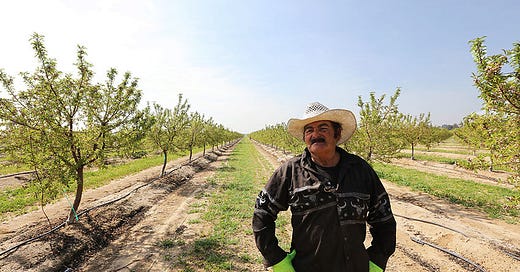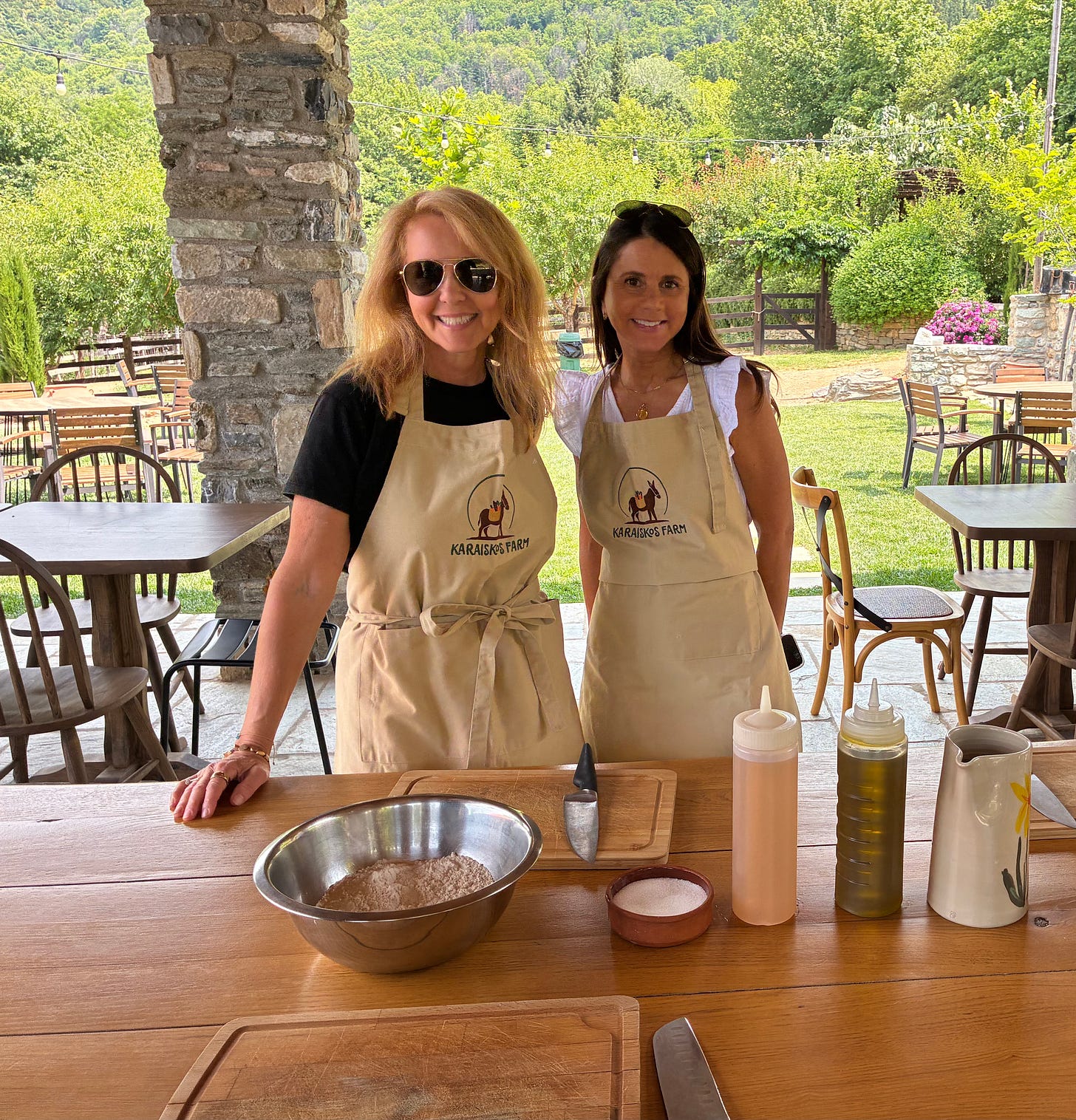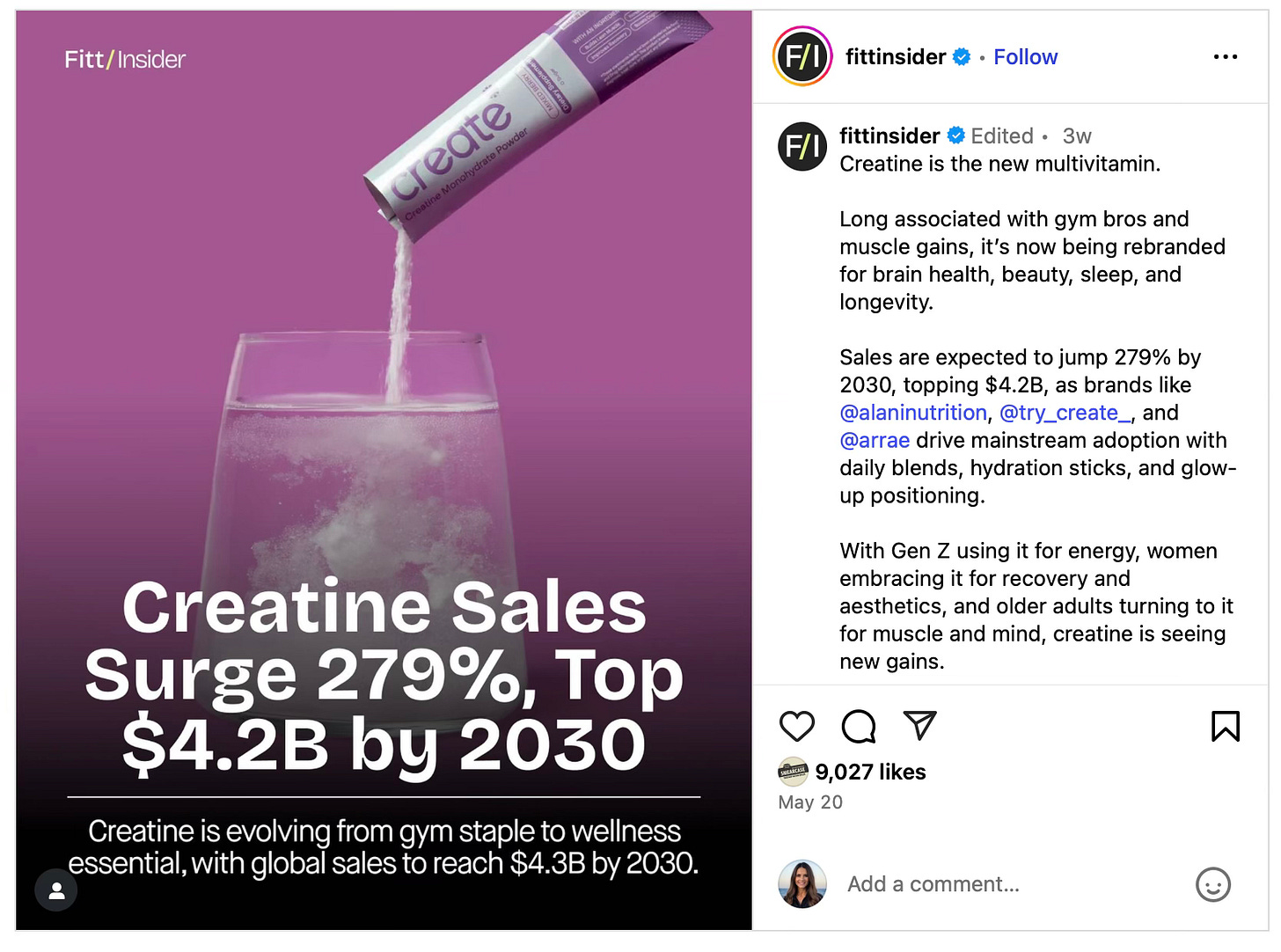What really happens when hiring farm workers and why so many undocumented
I’m back!
There is general misunderstanding of undocumented farm worker treatment and rights in California. I’ve observed the reality.
I’ll also be talking about:
Frozen doughs should be clean label, right?
Why the Epogee take over was necessary
The HHS wants clean infant formula as bad as we do
💸 Grant money available for byproduct related entities
➡️ The latest news that the Trump administration has reversed course again to conduct immigration raids on farms brings up an old but persistent theme about hiring practices, worker rights, and legal protections. This is for those not close to farming or generationally removed from it and coming home quite indignant from liberal arts college:
All farmworkers have rights, regardless of immigration status, and employers are held liable for labor violations. UC Merced Community & Labor Center reports 75% of farmworkers in California are undocumented.
Even undocumented workers are protected under labor laws like minimum wage, and safe working conditions.
Federal law requires employers to verify work authorization using Form I‑9. Employers are not required—and not allowed—to investigate or question documents that reasonably appear genuine.
E‑Verify is run by the U.S. Department of Homeland Security (DHS) in partnership with the Social Security Administration (SSA). It allows employers to electronically verify whether newly hired employees are legally authorized to work in the United States.
E-Verify is mostly optional in California and cannot legally be used to screen job applicants or current employees, but many employers use it to check if the information matches Social Security records, because employers must pay payroll taxes and want to avoid IRS filing rejections.
Undocumented workers can (and do) sue for unpaid wages, unsafe working conditions, or harassment, and state agencies generally do not ask about immigration status when enforcing labor rights.
Farms value their workers. Why do we have so many undocumented? The system is broken. Policymakers not employers, created and maintain this unworkable system.
Is there another brand? Because this shouldn’t be this hard.
➡️ Phyllo needs a glow up
Frozen should be a place where additives are not needed, right? I made phyllo dough from scratch in Greece and I’ll probably never do that at home. I’m looking for frozen phyllo with only these ingredients: flour, cornstarch, extra-virgin olive oil, vinegar, and salt. Let me know if this exists because I can’t find it.
Thank you to Karaiskos Farm for an awesome agro-tourism experience. If you want to visit a working farm and make delicious food in idyllic surroundings I highly recommend this gem in Pelion, Greece.
➡️ It’s coming out that David did nothing wrong in purchasing Epogee, the ingredient supplier of their low cal fat ingredient. Many are quick to villainize vertical acquisitions ignoring that technologies in food can never make it to the consumer at large until someone with marketability and capital takes it on. I know of novel solutions to processing and ingredient problems that are languishing in the shadows, unable to get to scale on their own and it’s a real shame.
➡️ When breastfeeding gets too hard moms turn to formula. New moms I talk to are not happy with the ingredients in US formula — some go so far as to make their own with goats milk or sneak European brands not available for sale here.
Not long ago I wrote this:
A new breed of baby brands are ripe to disrupt this monopoly, but are up against bureaucratic politics. So while small producers wait on things like this bill for a tax credit which may or may not help them compete, bougie moms pay full boat to brands like Bobbie made with no corn syrup and made very hot by Molly Baz in Times Square.
We don’t need international baby brands, we need home grown competition.
Now there might be hope. The FDA is responding with Operation Stork Speed-- “a groundbreaking initiative to ensure the safety, reliability, and nutritional adequacy of infant formula for American families.” The FDA will be researching if seed oils may be driving inflammation among infants, and is attending to other unsavory ingredients like corn syrup in infant formula. Serenity Kids is one toddler formula without seed oils on the market, but it’s not an infant formula due to current regulations.
The FDA has a request for information seeking comments through September.
➡️ BEAM circular is looking to make grants to suppliers and users of byproducts and biomass. The key requirement: You need to have some connection to the North San Joaquin Valley region, specifically to San Joaquin County, Stanislaus County, or Merced County.
What counts as a local connection:
Utilizing feedstock from one of these counties
Having a project partner in the region
Having a physical site/location there
Having an offtake partner (someone who will buy your products) in the region
Hurry because they are trying to commit all funds by September within the California Jobs First grant timeline.
➡️ In Other News
There’s not enough natural food dye to cover synthetic supply NOSH
Sentient, a leading color house, claims “even the most prepared color manufacturer” would take up to three years to be able to produce the anticipated quantities of botanically sourced colors.
Creatine for everyone! (I take it)
That’s all for this week!
All my best,
Jennifer















